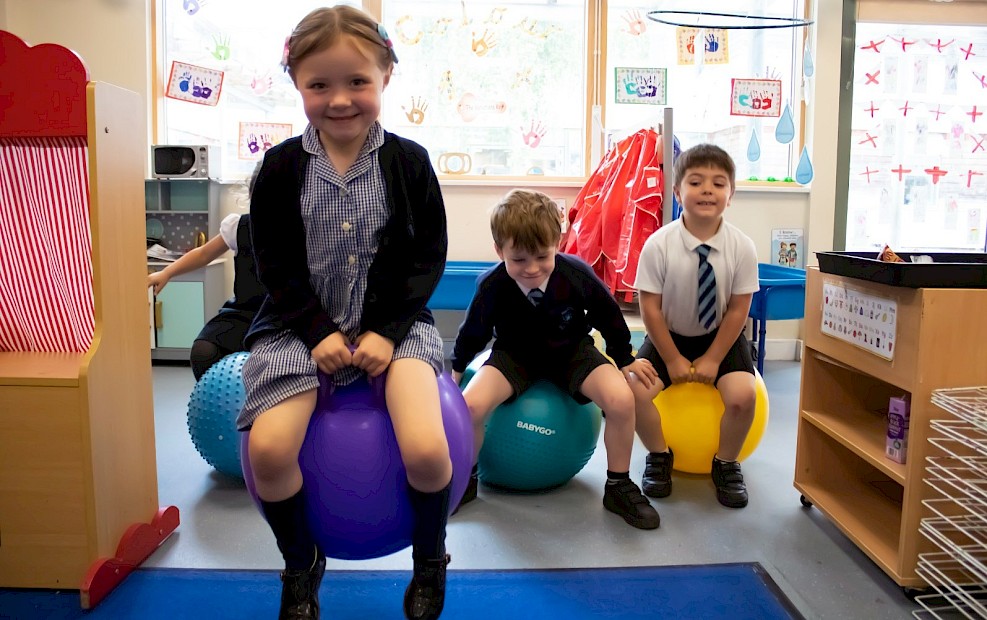Reading and Writing in Reception

Little Wandle: https://www.littlewandle.org.uk/resources/for-parents/
By the end of the Reception year children should be able to read and understand simple sentences through the teaching of reading with phonically decodable books. They can use their phonic knowledge to decode regular words and read them aloud accurately. They can also read some common irregular words. They demonstrate understanding when talking with others about what they have read.
Children should also be able to use their phonic knowledge to write words in ways which match their spoken sounds. They can also write some irregular common words. They write simple sentences which can be read by themselves and others. Some words are spelt correctly and others are phonetically plausible.
Mathematics in Reception
By the end of Reception children should be able to count reliably with numbers from one to 20, place them in order and say which number is one more or one less than a given number. When using quantities and objects, they can add and subtract two single-digit numbers and count on or back to find the answer. They can solve problems, including doubling, halving and sharing.
Children use everyday language to talk about size, weight, capacity, position, distance, time and money to compare quantities and objects and to solve problems. They recognise, create and describe patterns. They explore characteristics of everyday objects and shapes and use mathematical language to describe them.
Outdoor learning in EYFS
The outdoors is a place where children can continue to learn by doing. They carry on building on the knowledge, skills and understanding that they have already acquired to make sense of the world around them. They are active learners, seeking information and continuing to question and explore. Being outdoors provides a focus for different types of experiences which support young children’s growing sense of confidence and autonomy. This is enhanced by the enjoyment of new challenges, such as seeking and finding treasure on a treasure hunt. Their enthusiasm to participate in outdoor experiences is expanded as their social and communication skills develop and they seek out and enjoy the company of adults and other children.
Reception Pupil Offer

Working in partnership with parents
We encourage a strong parent partnership and recognise the importance of everyone working together. We build positive relationships with children and families through:
- Home visits prior to your child beginning Reception and so we can share time in the place most familiar to the child with the parents who know them best.
- Introductory sessions to Reception so that parents can meet staff and see the school in action.
- An open door policy where you are able to meet with staff to discuss any queries you may have.
- School Newsletters and weekly learning updates.
- Parental workshops
- Stay and play sessions
- End of Year Report at the end of each academic year
All children have Home/ School contact books and reading records.
Homework in Reception
Daily Reading
We encourage all children to read at home daily and a note to be written in their reading record book. If the school book has been completed then please read and share any other books or comics that you have at home. These can also be record in the reading record and count towards the number of daily reads.
Phonics

Every Friday we will send home a phonics book with the sounds we have learnt during the week.
Please practise these with your child at home and see if they can come up with any other words that have these sounds in. Please ensure that the phonics books are returned by Friday the following week so new sounds can be given.











